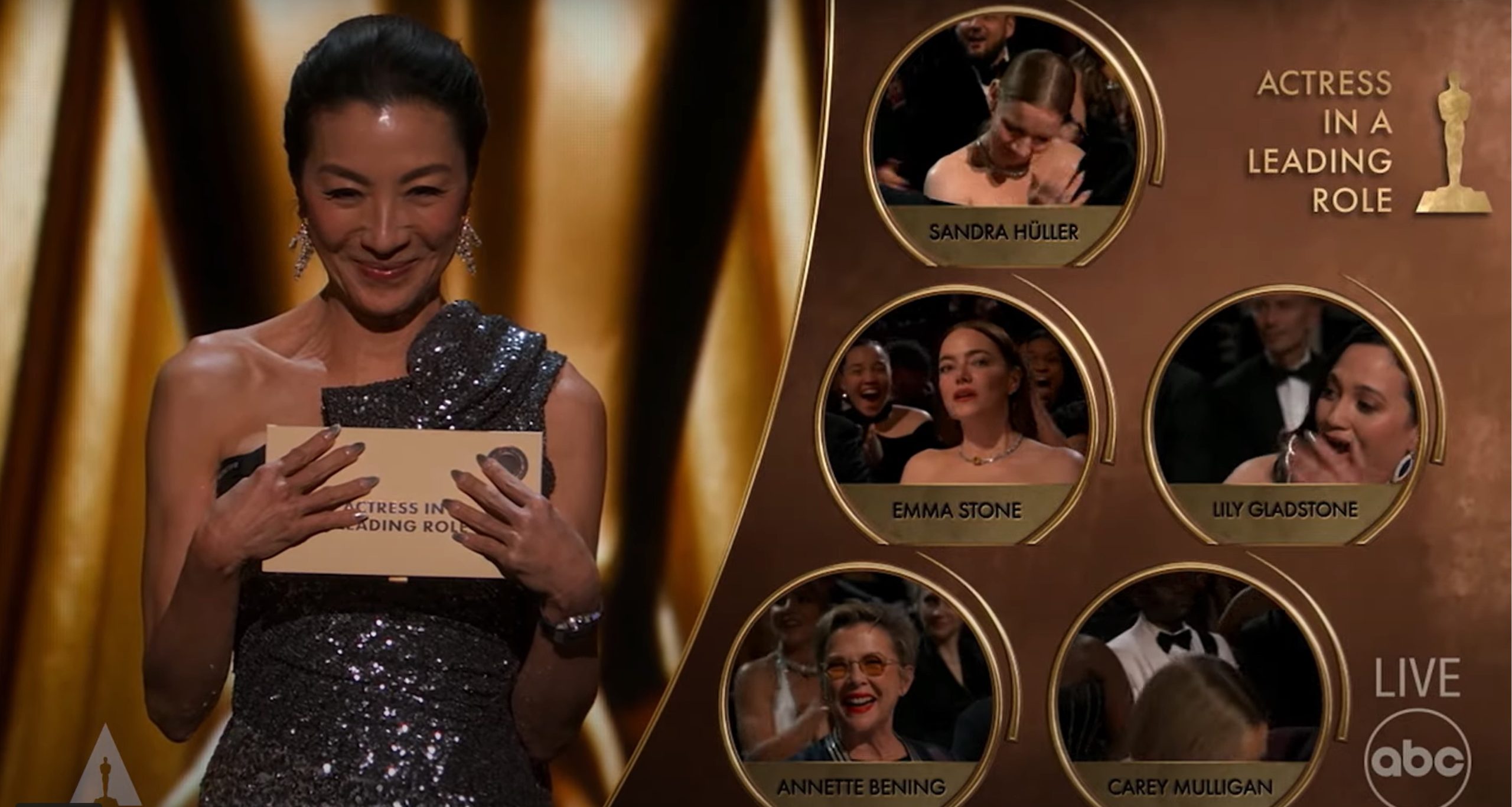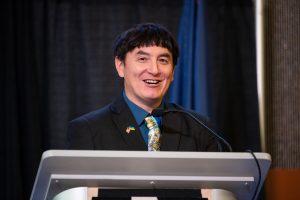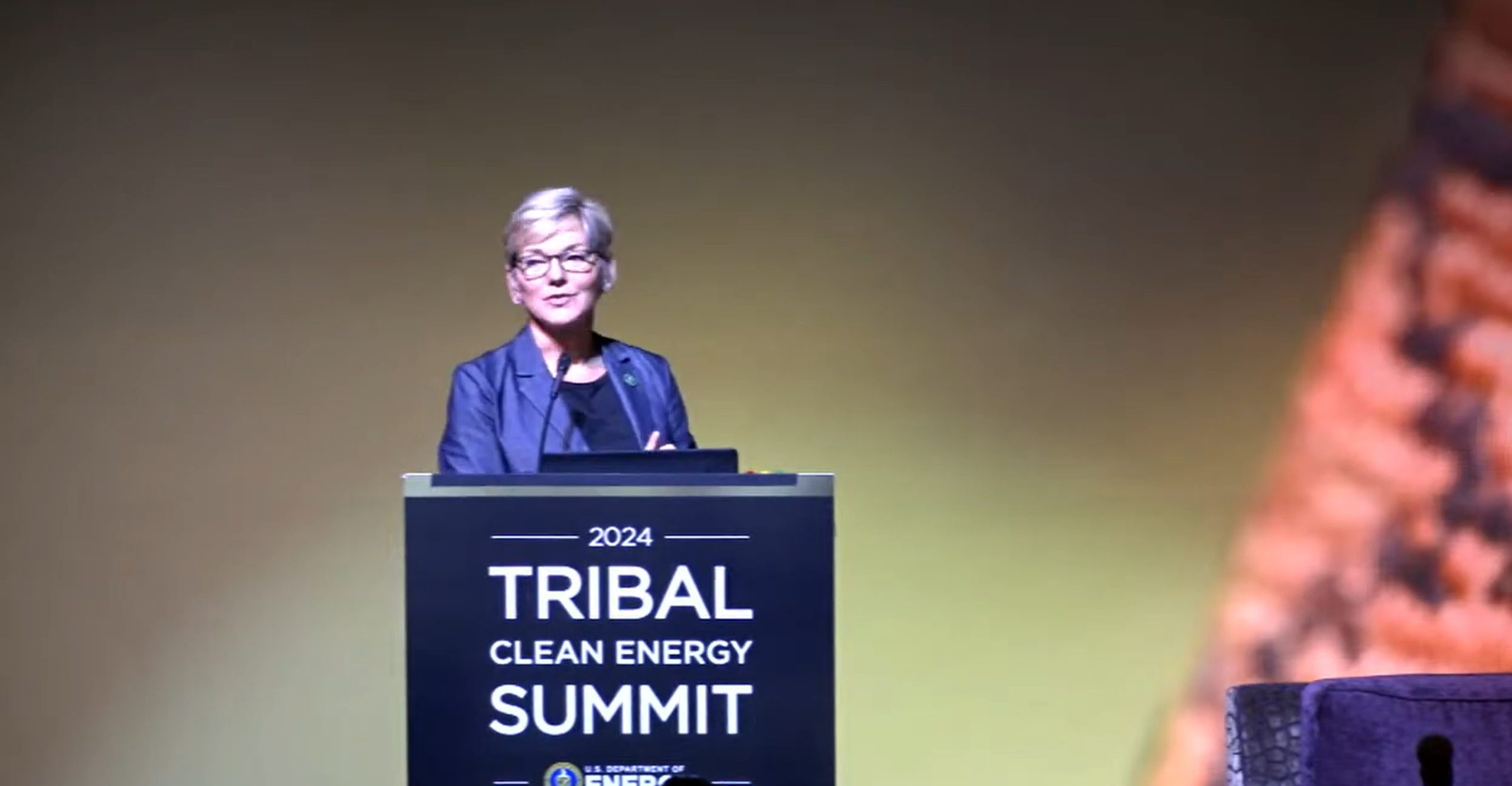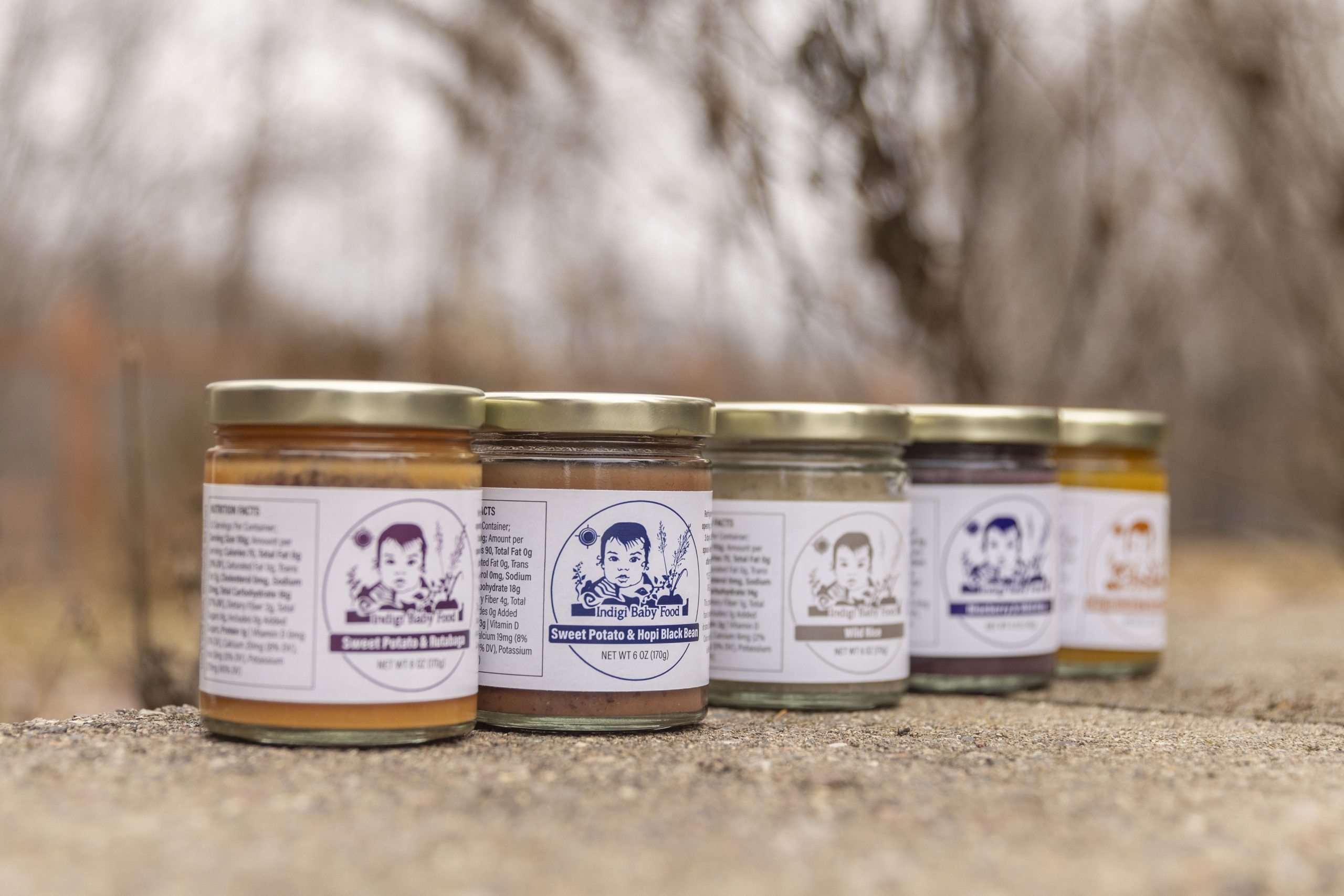Podcast: Play in new window | Download | Embed
Native students from colleges and universities from across the country are learning valuable leadership skills this week in Las Vegas.
More than 250 students are gathered for the American Indigenous Business Leaders (AIBL) conference.
It’s being held in collaboration with the National Center for American Indian Enterprise Development’s Reservation Economic Summit where more than 4,500 business leaders are gathered.
The AIBL conference offers a variety of activities geared specifically to enhance educational experiences beyond what is taught through traditional academic methods.

Courtesy Prairie Blount / LinkedIn
Prairie Blount is the Executive Director of AIBL.
She says, with the program, they’re helping future business leaders in three different ways.
“We focus on training tomorrow’s business leaders, and we do that in three specific ways. We provide scholarships, we provide paid internships, and mentoring opportunities.”
Blount says, with scholarships and financial help, Native students, particularly in the business fields, can get their education and return back to their reservations and communities to help build the economy.
Christian Rangel has been a part of AIBL for four years and joined his junior year of college at the Northwest University of Oklahoma with a bachelors in business management.
He’s now working to get his business major and says because of AIBL, he will be able to help his community.
“Whenever I graduate, I want to open a business and go back to my reservation in Piñon. In Piñon, there’s not much water, and not much housing I want to create some type of housing.”
Blount says with the 30th anniversary coming up for the organization, they have a lot of plans in store, especially for the younger leaders still in school.
“We’re blowing up our programming to include high school track, a tribal university, and then a young professionals track. So those students that have come through our program, but are just entering their jobs, they still need support as well. And so we’re including them in our new programming going forward, so that we can really create a more wholistic experience for our up and coming business leaders.”
The AIBL conference wraps up Tuesday, with representatives from over seventeen different states, over 35 different tribal colleges, and universities.

Courtesy Oscars / ABC
Sunday’s 2024 Academy Awards was filled with many memorable moments.
The movie Oppenheimer won a majority of the awards as predicted, but one thing Indian Country was rooting for didn’t happen in the Best Actress in a Leading Role category.
Native people across the county were holding high hopes actress Lily Gladstone would take home an Oscar for her role as Mollie Burkhart in Killers of the Flower Moon.

Courtesy Oscars / ABC
Gladstone has been the top contender this award season, winning best Actress at the Golden Globes and Screen Actors Guild Awards, so when Emma Stone’s name was called, it appeared Stone herself was just as shocked.
When going up to accept her award, Stone acknowledged Gladstone in her speech.
“Lily, I share this with you. I am in awe of you. And it has been such an honor to do all this together, I hope we can keep doing this together.”
Gladstone is Blackfeet and Nez Perce.
Her portrayal of Molly Burkhart in the film ‘Killers of the Flower Moon’ has been widely recognized by critics and viewers alike.
During the introduction of the Oscars Award for Best Actress, actress Jennifer Lawrence highlighted Gladstone’s portrayal in Killers of the Flower Moon.
“Lily, you are the soul of Killers of the Flower Moon. Every second of your performance as Molly Burkhart is imputed with the plight, resilience, and spirit of the Osage people. Your advocacy offset is a powerful display of dedication and leadership illuminating and helping us reconcile one of the darkest part of our country’s history.”
People across Indian country expressed their displeasure on social media, but many say Lily is still a winner and an inspiration.
Get National Native News delivered to your inbox daily and stay up-to-date on the 2024 Native Vote. Sign up for our daily newsletter today.


 Watch parties are being planned across the country, including in tribal communities, for Sunday’s Academy Awards, which will include Indigenous representation, as KNBA’s
Watch parties are being planned across the country, including in tribal communities, for Sunday’s Academy Awards, which will include Indigenous representation, as KNBA’s  The Copperwood mine would extract copper from a deposit at the edge of Lake Superior and the Porcupine Mountains State Park in the western U.P.
The Copperwood mine would extract copper from a deposit at the edge of Lake Superior and the Porcupine Mountains State Park in the western U.P.


 Gov. Greg Gianforte (R-MT) says the state will not take over law enforcement services on the Flathead Reservation.
Gov. Greg Gianforte (R-MT) says the state will not take over law enforcement services on the Flathead Reservation. In California, a notification system for Native people marked its one-year implementation in January.
In California, a notification system for Native people marked its one-year implementation in January. The virtual panel “Accelerating Empowerment of Indigenous Women and Girls” is planned for
The virtual panel “Accelerating Empowerment of Indigenous Women and Girls” is planned for  The Eastern Shoshone Tribe has received ten bison from Yellowstone National Park.
The Eastern Shoshone Tribe has received ten bison from Yellowstone National Park. Bloom Communications in Alaska, is helping companies that want to do work with Indigenous communities with an emphasis on understanding cultural differences, bridging cultural gaps, and fueling collaboration.
Bloom Communications in Alaska, is helping companies that want to do work with Indigenous communities with an emphasis on understanding cultural differences, bridging cultural gaps, and fueling collaboration. The 52nd running of the Iditarod gets underway this weekend, with the ceremonial start in downtown Anchorage Saturday, as Rhonda McBride reports.
The 52nd running of the Iditarod gets underway this weekend, with the ceremonial start in downtown Anchorage Saturday, as Rhonda McBride reports.
 U.S. Energy Secretary Jennifer Granholm announced funding for projects on tribal lands, during her remarks at the Tribal Clean Energy Summit held this week in California, as the Mountain West News Bureau reports.
U.S. Energy Secretary Jennifer Granholm announced funding for projects on tribal lands, during her remarks at the Tribal Clean Energy Summit held this week in California, as the Mountain West News Bureau reports.

 Scott George and the Osage Singers will perform live at the Oscars the song “Wahzhazhe” (A Song For My People) from the film Killers of the Flower Moon.
Scott George and the Osage Singers will perform live at the Oscars the song “Wahzhazhe” (A Song For My People) from the film Killers of the Flower Moon.
 The U.S. Department of Energy (DOE) has announced $25 million for tribal clean energy projects through the Office of Indian Energy.
The U.S. Department of Energy (DOE) has announced $25 million for tribal clean energy projects through the Office of Indian Energy.